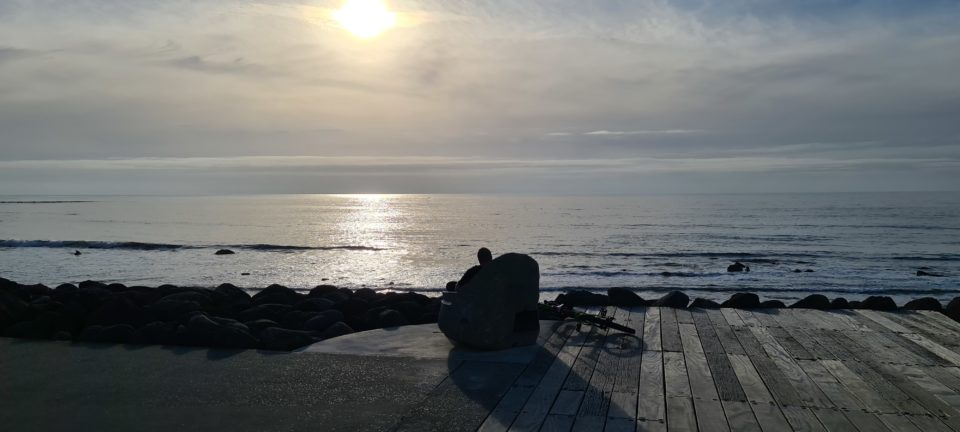By Vaughan Winiata, kaitiaki umanga – business advisor.
Along with my colleagues at HTK Group, I’m exposed to a database of over 2600 Maori small businesses on a daily basis.

Some are supplying government contracts and due to the government-mandated procurement target of five percent for Maori businesses, we are seeing an increase in this area. Our government spends circa $51 billion on goods and services annually, therefore the five percent target has created a stampede of Maori businesses chasing a piece of that big pie. Chasing a piece of a $51 billion pie is all well and good, but securing a government contract is no cakewalk for any business, Maori or otherwise.
The reality is that no business will be successful securing a government contract unless it’s ‘match fit’ in all aspects of its operations. The two most common pain points and challenges for small businesses are cash flow and/or people. The two pain points are just as common for a Maori small business as for any other small business.
When a small business secures a lucrative government contract, cash flow becomes the lesser of the two pain points because if there is one thing the government is good for, that’s paying its bills. With cash flow being the lesser of the two challenges, that leaves us with the other pain point – people.
A most common weakness and obstacle we see with Maori small businesses chasing government contracts is health and safety. When it comes to H&S not only Maori, but most small businesses, are far from match fit.
Ensuring the health and safety of employees is a big challenge for a small business. Limited resources, difficulty meeting regulations and associated costs present all sorts of problems. Compounding this, research shows small businesses have higher rates of workplace deaths and injuries than larger organisations.
This is an area where, unfortunately, Maori businesses perform poorly. A higher percentage of Maori suffer workplace injuries than any other ethnic grouping. The higher injury rates with Maori businesses raised the question with our team at HTK Group: how do we improve worksite safety and well-being for our people?
In pursuit of answering that question we searched for a H&S partner with an affinity for Maori business. The search led us to the doorstep of a 100 percent Kiwi owned small business called Safe 365, which is not to be confused with the government agency responsible for Health and Safety – ‘WorkSafe’.
This is not a criticism, it’s a fact. WorkSafe is a bureaucracy, and small businesses and bureaucracies are not from the same planets let alone the same food groups. A bureaucracy has little affinity for small businesses and how regulatory costs are just as real as PAYE and GST. A bureaucracy like WorkSafe is effective at focusing on standards violations, but that’s not what causes most injuries.
As I said, this is not criticism, it’s a fact.
A bureaucracy has its place, but our experience has shown the best way for a small business to achieve Health and Safety match fitness is when the business seeks voluntarily consultation. What this means is there is a clear intent and motivation.
Sadly, small businesses clearly motivated to improve their H&S safety are not common, which is a long game, and it can take years for a small business to achieve match fitness in this area, all of which comes at a cost that has to be built into the It’s this part of the H&S journey where Safe 365 really proves its value. Also being a small business, it understands how workplace incidents have a much greater and negative effect on a small business than it does with larger operations.
Very few small businesses can afford to make mistakes. One single workplace safety mistake can put a small business out of business. While nearly every small business we have worked with accepts H&S is fundamental, most will struggle with how to implement what appears to be a mountain of rules and regulations. Safe 365 is a great navigator in that regard.
A key learning we have gleaned from our database of over 2600 small businesses is that H&S and Safety is a bellwether for the overall match fitness of the business. It’s almost dollars to donuts that when H&S needs attention, other areas like HR Policy and Procedure, Operations and Digital Transformation are also in need of attention.
Another learning is that getting H&S sorted in a small business sets benchmarks that flow into and benefit other areas of the operation. While there is no magic bullet for Health and Safety, it comes down to awareness, motivation, and doing the little things right.
Neglecting H&S is a risk not worth taking, in fact it is reckless business practice that will only result in being a big problem for a small business. LG



